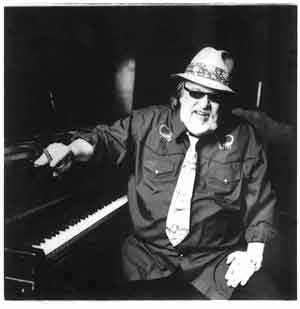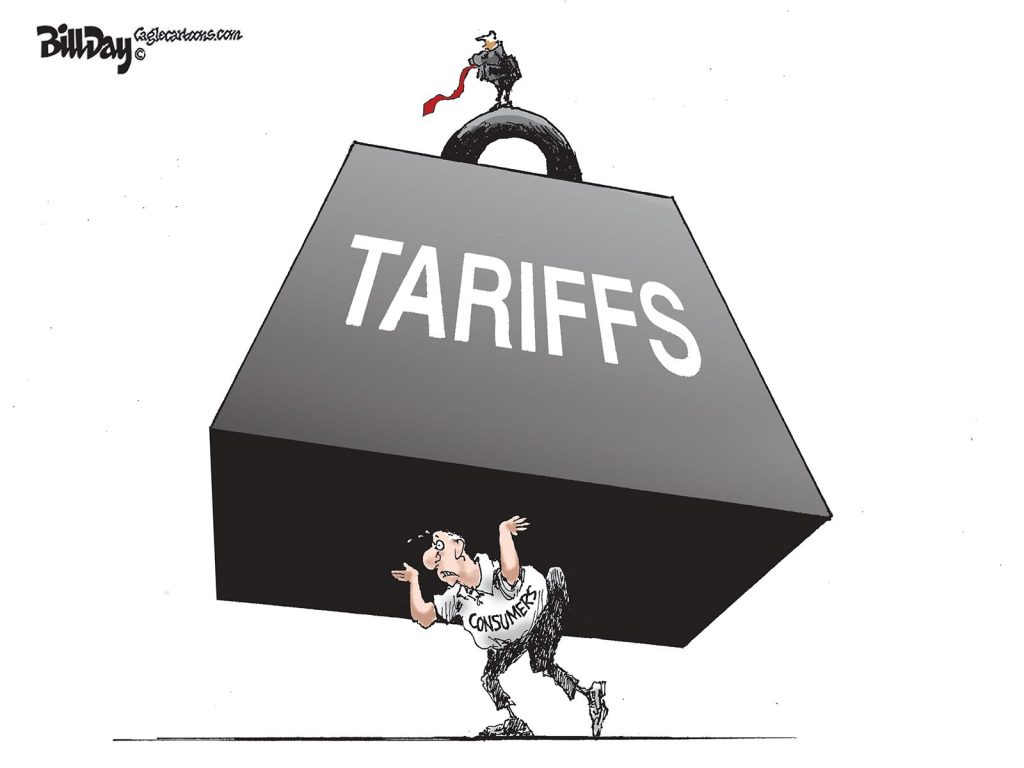If it were up to us, Memphis and Shelby County flags would be flying at half-staff today to commemorate the life of Memphis music high priest Jim Dickinson who died yesterday.
In a city where individuality is a birthright, he was the penultimate iconoclast – a free spirit, an encyclopedia of American music, midwife to some of our most enjoyable and interesting music, heretic and revolutionary. Also, he was a family man, a generous mentor and given to spontaneous acts of kindness.
Like so many of our legends, he understood and explained the Memphis mystique better than any of us who were born here and too often take it for granted. Most of all, like so many of our legends, he sought no headlines or wide acceptance, preferring to follow his own unique Muse and to find acceptance in our clubs and recording studies.
Extra Special
But if he was not widely known by the average Memphian, he was known widely by rock and roll legends from The Rolling Stones to Bob Dylan.
Looking for a distinctive sound for what would become his Emmy award-winning album, Time Out of Mind, Bob Dylan put out a call for Mr. Dickinson to get to the studio to help out. When Dylan accepted the Emmy for Album of the Year, there was no mistaking his respect for his Memphis keyboardist: “We got a particular sound on this record which you don’t get every day. Everybody worked extra-special hard…Jim Dickinson, my brother, from Mississippi…”
It was the shout-out of all shout-outs from one outsider to another, and it was a nationally-broadcast and widely reported endorsement of Mr. Dickinson’s lifetime of doing what he did on his own terms. Later, Dylan followed it up with a visit to the Mississippi home of the Dickinson family.
No Industrial Rock
There were times when Mr. Dickinson heard the Sirens’ call from Nashville, and although he flirted with it, he said he could never deliver up the corporate tunes where every chord was preordained and experimentation was frowned upon.
He found Memphis to be fertile ground and he was constantly tilling it. Here, he could play what he wanted the way he wanted. He could criticize development on Beale Street for its attack on African-American authenticity. He could question strategies by an endless stream of music boards and commissions for their blind pursuit of the latest magic answer to reviving Memphis Music.
He understood – more viscerally than the rest of us – that the musical genius of our city isn’t just found in chapters in a music history book. Rather, it is still alive and well, waiting for the kind of organic groundswell of support and appreciation that can launch performers and bands.
Always On Target
He never lost site of the fact that the weird, gritty vibe of our city was the breeding ground for new talent and new music, and the answers to expanding our heritage wouldn’t be hatched in a board room, but in the garages where bands practice.
That’s the thing about Mr. Dickinson. He could have been content like others to get frozen in time, concentrating on tales of past glories and stories of music greats. Instead, he kept firmly rooted in the present while constantly moving ahead, inspiring hundreds of aspiring musicians who saw him as the Memphis Maharishi whose life was testament to putting inspiration ahead of aspiration.
He told of producing records where one more take could have resulted in a Top Ten hit, but the performer stopped short, understanding the price that you pay for celebrity and the compromises that you make with fame. Members of the group itself said that it was the presence of their producer that led them to following a different drummer. In that way, Mr. Dickinson was archetype of the artist who never loses sight of what’s most important – being true to yourself. In being true to himself, he motivated so many others to do the same in their own lives.
In that way, Mr. Dickinson was the real superstar.
The Right Focus
A dozen years ago, after he returned from his sessions with Dylan, we had lunch together. We only knew each other to nod at parties, but knowing that I was a Dylan devotee, he scheduled lunch to tell me about the chaotic, confusing but ultimately exhilarating experiences and to give me a cassette tape of the soon-to-be-released album.
Later, he would follow it up by mailing me a vinyl record with the note that it was better than the CD. It was typical. Beneath the sometimes foreboding exterior, he was generous and caring, but more than anything, he was a family man.
Whatever pride that he had in his own career, it was far exceeded by his pride in his sons’ success with the North Mississippi All-Stars. While he always felt at home in recording studios, there was in truth no place like Zebra Ranch, alternately called a farm in Coldwater, because that was the center of his universe, both personally and musically.
Standing Tall
If we sometimes don’t know what we’ve got till it’s gone, every one who cared about Memphis Music knew what we had with Mr. Dickinson, and while we have suffered the loss of some towering figures in recent years, none stood taller.
We were thinking about this a month ago when Nashville officials were worrying openly that country music and Christian music are crushing Nashville’s creativity. There, sociologists are arguing about whether the music scene was ever that innovative because country music orthodoxy drowns out anything that sounds different and drives away musicians who want to try something new.
In a conversation about the forces and people that make Memphis different from Nashville – and which could serve us well as the industry shifts to the Internet and an artist-centric world – we thought immediately of Mr. Dickinson, because of his uncanny ability to tie events, people and history into a fabric that explained our city like no one else and then produced the music that spoke to that rich perspective.
One Of A Kind
To us, as magical as his ability in the studio was the magic of his fascinating mind, his inexhaustible recall of obscure musical groups and influences and his talent to bring meaning to seemingly inexplicable circumstances.
Like really great musicians, he was more than a skilled performer. He possessed an innate understanding of human nature, he was alternately an anarchist and a prophet, he was a family man who welcomed into his extended family all kinds of people and musicians, he was as comfortable with the old-timers comparing notes of their heydays as playing with bands whose members were younger than his sons.
He was one-of-a-kind in a one-of-a-kind city, and in our opinion, his passing is arguably as big as any loss Memphis Music has suffered since Elvis died. He was that kind of mythic figure, but his death is not the day the music died because fortunately, we’ll have his music forever.


